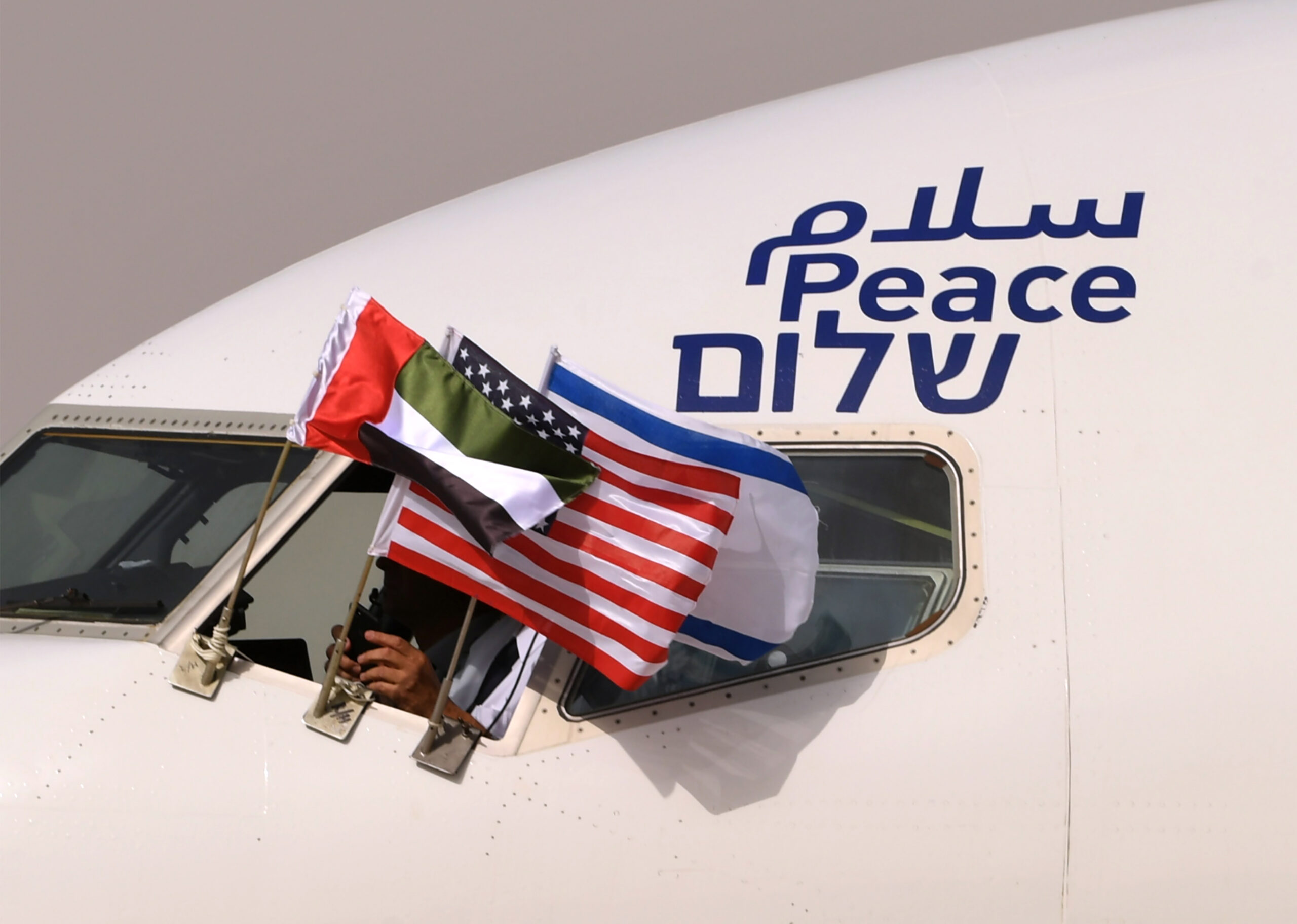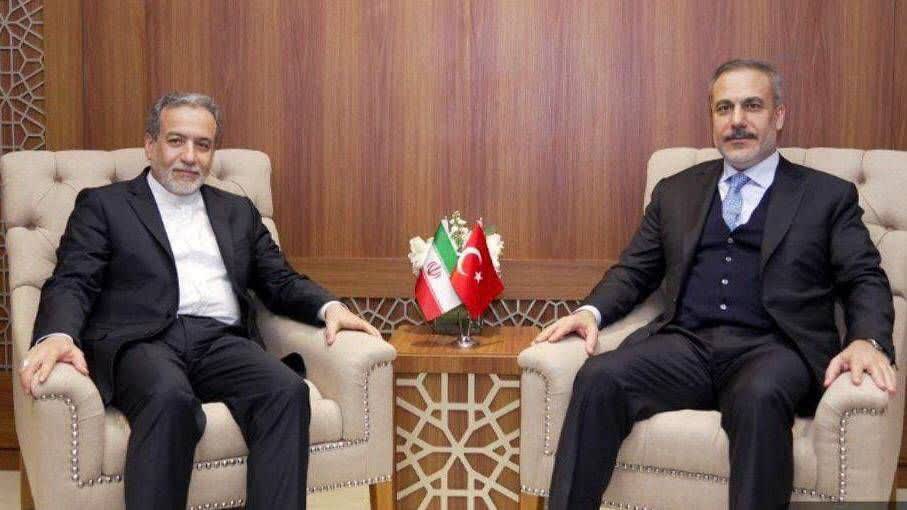The Gaza War and the Israeli airstrike on Doha in September 2025 dealt two heavy blows to the most significant strategic project of the United States and Tel Aviv in the Middle East — the Abraham Accords. What was intended to be a symbol of economic and security integration between Arabs and Israel has now become a scene of distrust, Arab cohesion, and the redefinition of regional equations.
Iran View24 – International
The Abraham Accords, established in 2020 to normalize relations between Israel and four Arab countries — the UAE, Bahrain, Morocco, and Sudan — were intended to offer a new model of economic and security cooperation in the Middle East. However, two major developments have severely destabilized this path:
First, the Gaza War from October 2023, which resulted in the death of approximately 70,000 Palestinians — mostly civilians — and provoked widespread anger and resentment in the Arab public against Israel.
Second, the Israeli airstrike on Doha in September 2025, which not only intensified public outrage but also starkly revealed the reality of a “limitless Israel” in the minds of Arab peoples and governments.
The attack on Doha on 18 Shahrivar 1404 (9 September 2025) was not merely a security incident; it represented a crossing of a red line that reshapes the geopolitical and diplomatic equations of the Middle East. The strike targeted the territory of a country that is both a key ally of the United States in the Persian Gulf and a core member of the Gulf Cooperation Council. In effect, such an action has placed the most significant strategic achievement of the United States and Israel in recent years — the Abraham Accords — under existential threat.
Although Qatar had not formally joined the Accords, it had, as a mediator in the Gaza ceasefire, revealed a level of its relations with the Israeli regime. Therefore, Israel’s aggression against Doha as a U.S. ally demonstrated that Tel Aviv places no limits even on Washington’s closest partners and countries that have been highly accommodating to the regime. This reality sends a clear message to the member states of the Abraham Accords: Israel is not merely an actor in the Palestinian conflict but a tangible threat to the national security of Arab states.
The coordinated reaction of Saudi Arabia, the UAE, and Qatar to this attack also demonstrated that a shared understanding of the Israeli threat is strengthening regional cohesion. An attack on the territory of a Gulf Cooperation Council member could serve as a catalyst for a renewed Arab integration; a cohesion that above all, calls into question the legitimacy and sustainability of the Abraham Accords.
Arab societies, which previously followed the images of the Gaza massacre with outrage and disgust, now perceive this nightmare as potentially occurring on the soil of other Arab countries. This perspective has placed the signatory states of the Accords, and even the countries aspiring to join them, under social pressure, waves of domestic dissatisfaction, and political hesitation.
In other words, if the Gaza War shook the social foundations of the Abraham Accords, the attack on Doha has put them on the brink of collapse at the security and geopolitical level. This development has seriously raised the discussion about the necessity of redefining Arab–Islamic cooperation against Israel — a process that could lead to an intensification of regional polarization.
Although U.S. pressure to maintain the Abraham Accords will continue, the simultaneous movement of some Persian Gulf states toward security–economic cooperation with China and Russia could provide a new bargaining tool against the United States and Israel. Under the current circumstances, Arabs have no choice but to leverage this multipolar balance for their survival.
Thus, the Gaza War shook the social foundations of the Abraham Accords, and Israel’s attack on Doha rendered them structurally and strategically vulnerable. Now, Arab states face a decisive choice: either continue normalization at the cost of internal legitimacy and regional security or return to a shared Arab–Islamic discourse and operate within the emerging multipolar order.
Undoubtedly, the fate of the Abraham Accords is no longer in Tel Aviv or Washington, but in the final decisions of Arab states and peoples.
Strategic Summary – Iran View24 Editorial
The Abraham Accords, once the U.S.’s security and economic pillar in the Middle East, now face a crisis of social and security legitimacy.
-
The Gaza War shook the social foundations of the Accords; the Israeli attack on Doha destabilized them from a security and geopolitical perspective.
-
Israel is a tangible threat to the U.S.’s Arab allies, not merely an actor in the Palestinian conflict.
-
Arab states are compelled to choose between continuing normalization with domestic and regional costs or returning to Arab–Islamic discourse while leveraging a multipolar order.
-
The fate of the Abraham Accords is no longer in Tel Aviv or Washington but is determined by the decisions of Arab states and peoples.






